Warf
✅ Prevents blood clots
✅ Reduces stroke risk
✅ Manages thrombosis
✅ Controls embolism
✅ Regulates blood thinning
Warf contains Warfarin.
Product Overview
Warf is a medication containing the active ingredient Warfarin, formulated as tablets. It is an anticoagulant medication used to prevent blood clots from forming or growing larger within the blood vessels or the heart. Warf works by inhibiting the synthesis of certain clotting factors in the liver, thereby prolonging the time it takes for blood to clot.
Uses
Warf is primarily used to prevent and treat blood clots in conditions such as deep vein thrombosis (DVT), pulmonary embolism (PE), atrial fibrillation (AFib), and heart valve replacement. It is also used to reduce the risk of stroke and systemic embolism in patients with nonvalvular atrial fibrillation.
How to Use
Warf tablets are taken orally, usually once a day, with or without food, as directed by your healthcare provider. It is important to take Warf exactly as prescribed to achieve the desired anticoagulant effect while minimizing the risk of bleeding complications. Your doctor will determine the appropriate dosage based on your medical condition, response to treatment, and other medications you may be taking.
How it Works
Warf works by inhibiting the synthesis of vitamin K-dependent clotting factors, including factors II, VII, IX, and X, as well as proteins C and S. By reducing the levels of these clotting factors in the blood, Warf prevents the formation of new blood clots and reduces the risk of existing clots becoming larger or dislodging and traveling to other parts of the body.
Dosage and Administration
The dosage of Warf varies depending on the patient’s individual factors, including their condition, age, weight, and response to treatment. It is important to follow the prescribed dosage regimen carefully and to have regular blood tests to monitor the International Normalized Ratio (INR), a measure of blood clotting time. Dosage adjustments may be necessary to maintain the desired level of anticoagulation.
Benefits
- Prevents and treats blood clots
- Reduces the risk of stroke and systemic embolism
- Helps prevent complications in patients with atrial fibrillation or heart valve replacement
- Oral administration for convenient dosing
Common Side Effects
Common side effects of Warf may include bleeding, bruising, nausea, vomiting, diarrhea, abdominal pain, and hair loss. It is important to report any unusual bleeding or bruising, signs of infection, or symptoms of liver problems to your healthcare provider promptly.
Warnings
Warf can increase the risk of bleeding, which can be serious or life-threatening in some cases. It is important to avoid activities that may increase the risk of injury or bleeding while taking Warf. Inform all healthcare providers, including dentists, about your Warf use before undergoing any medical procedures or surgeries.
Storage Information
Store Warf tablets at room temperature, away from moisture, heat, and light. Keep the medication out of reach of children and pets. Do not use Warf after the expiration date printed on the packaging. Dispose of any unused or expired medication properly according to local regulations.
Disclaimer:
Our sole intention is to ensure that its consumers get information that is expert-reviewed, accurate, and trustworthy. However, the information contained herein should NOT be used as a substitute for the advice of a qualified physician. The information provided here is for informational purposes only. This may not cover all possible side effects, drug interactions, or warnings or alerts. Please consult your doctor and discuss all your queries related to any disease or medicine. We intend to support, not replace, the doctor-patient relationship.
| Strength | 1 mg, 2 mg, 5 mg |
|---|---|
| Quantity | 30 Tablet/s, 60 Tablet/s, 90 Tablet/s, 180 Tablet/s |
 Warf
Warf









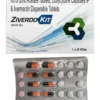
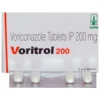




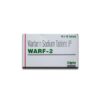
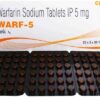
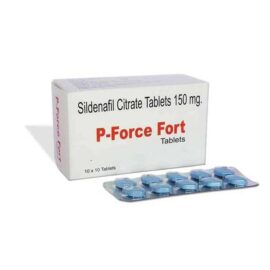
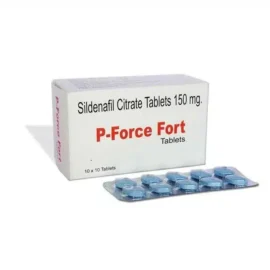
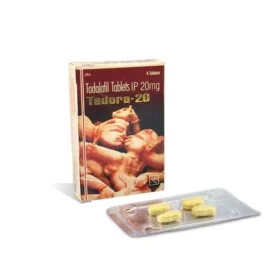
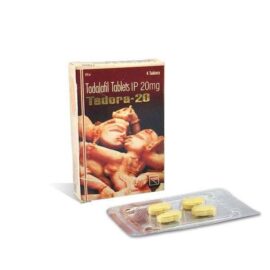
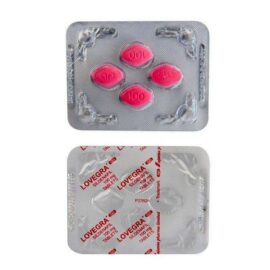

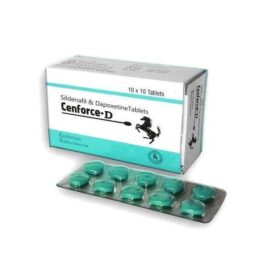
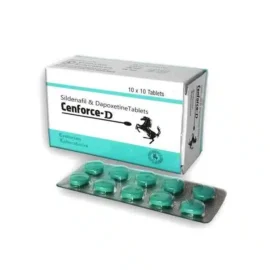
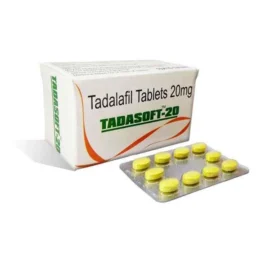
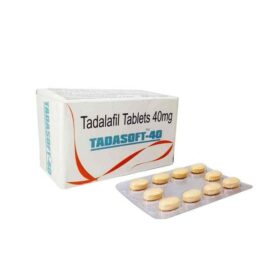

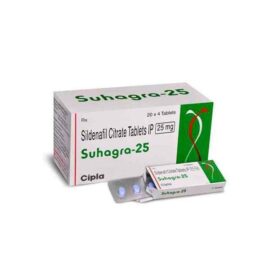
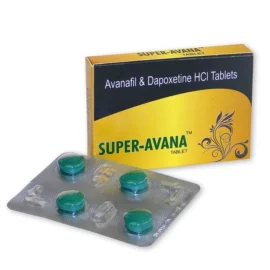

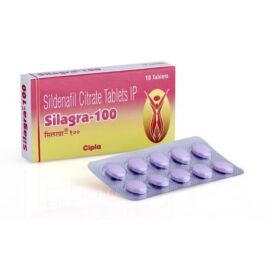
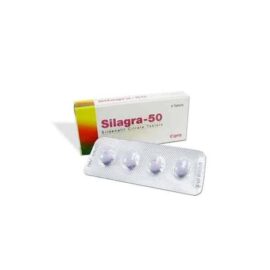
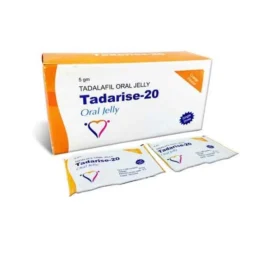
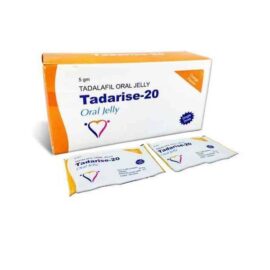
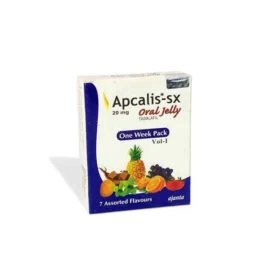
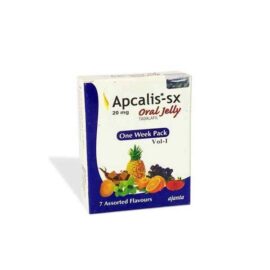
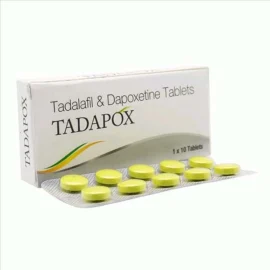
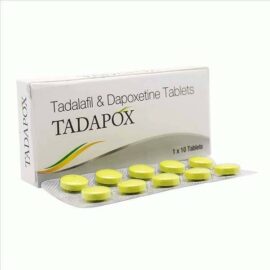
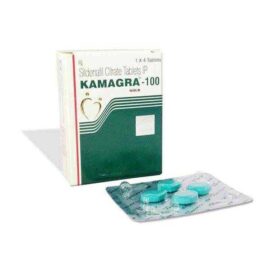

Reviews
There are no reviews yet